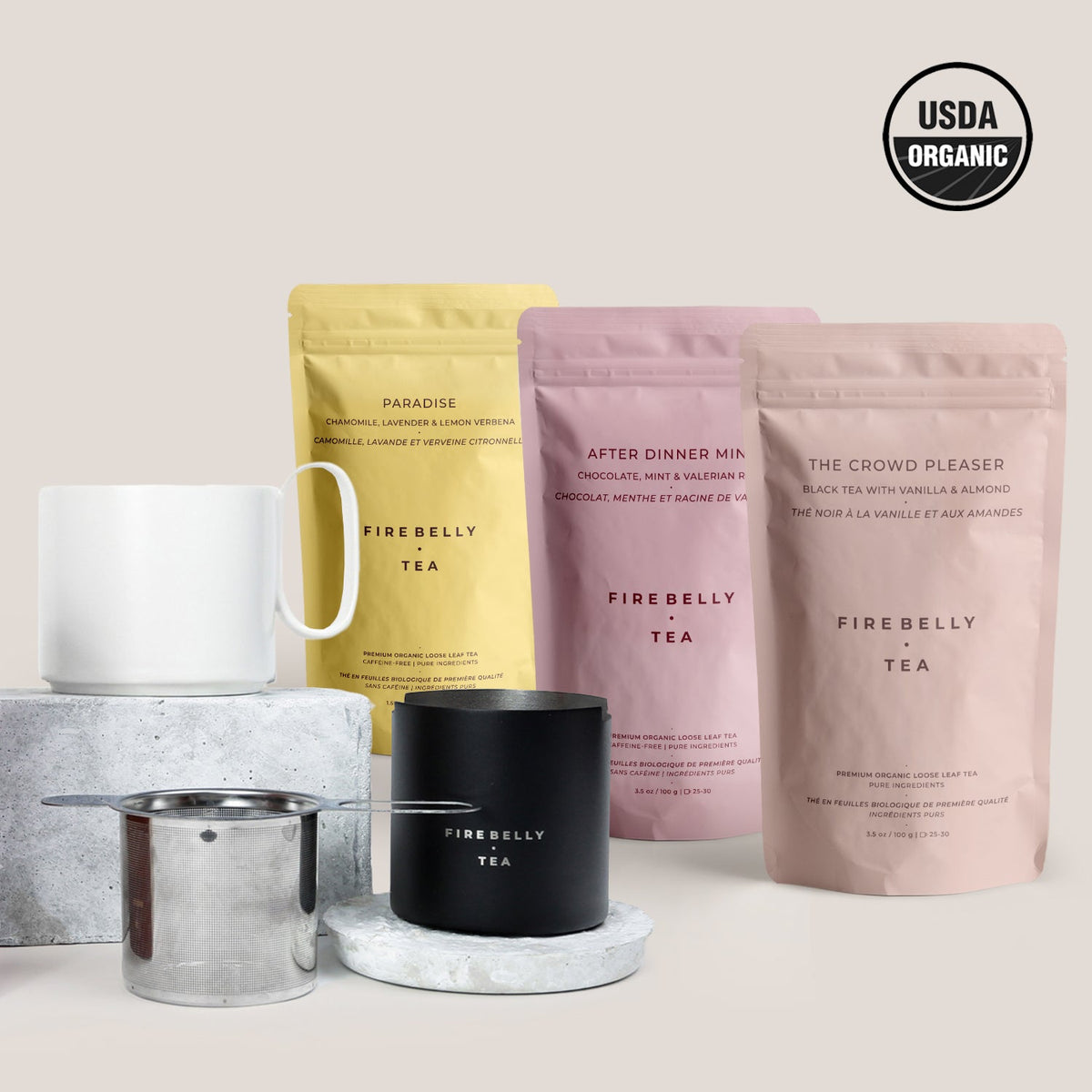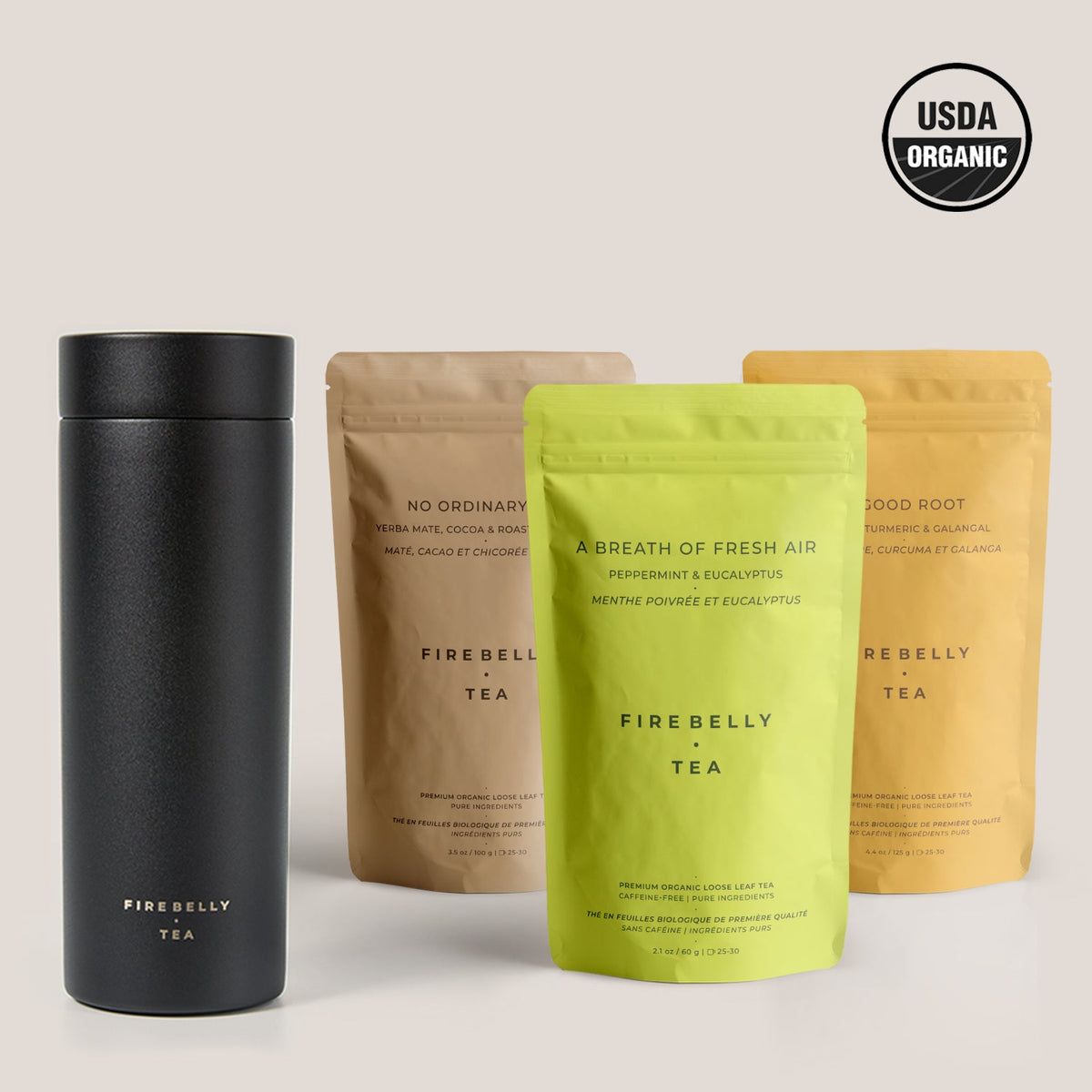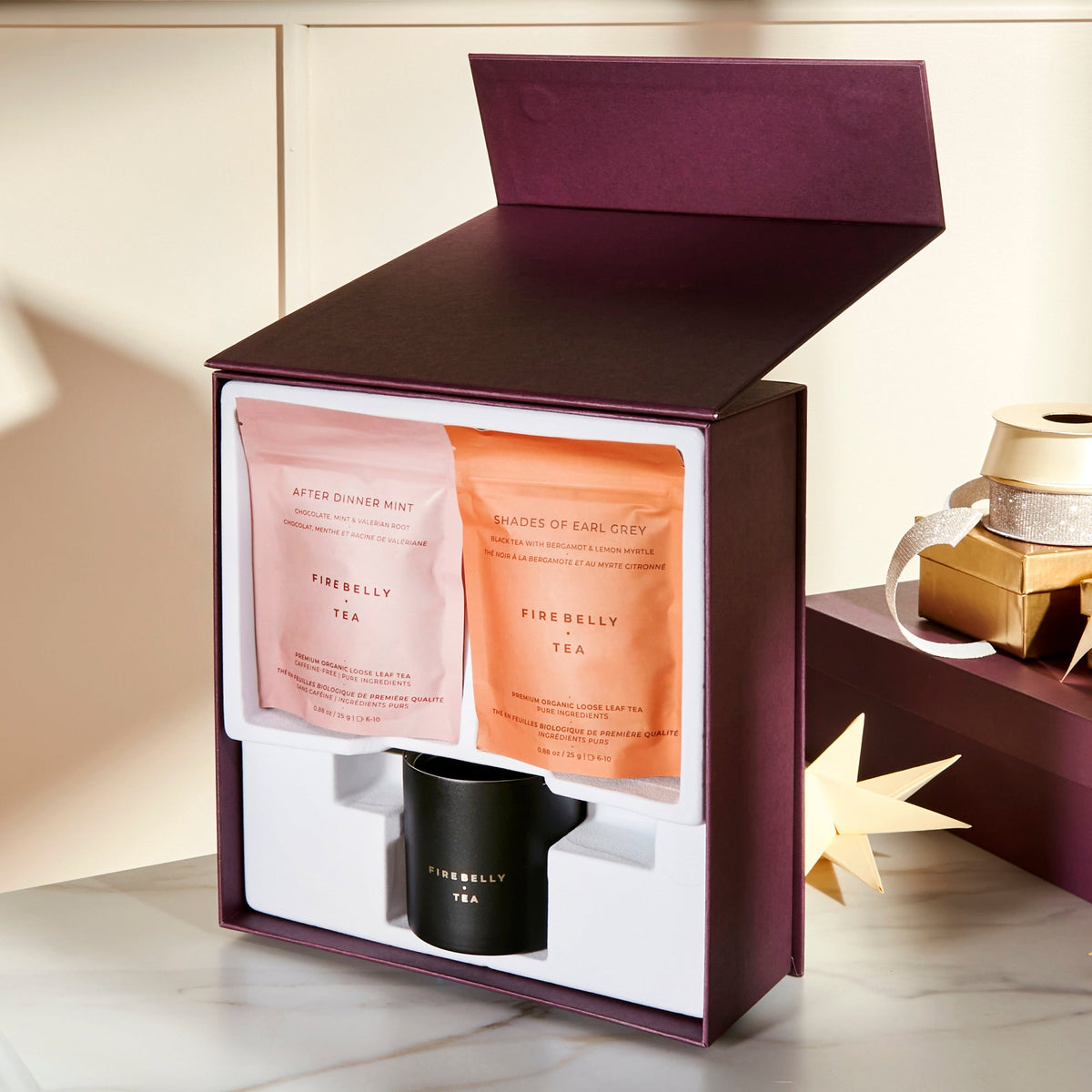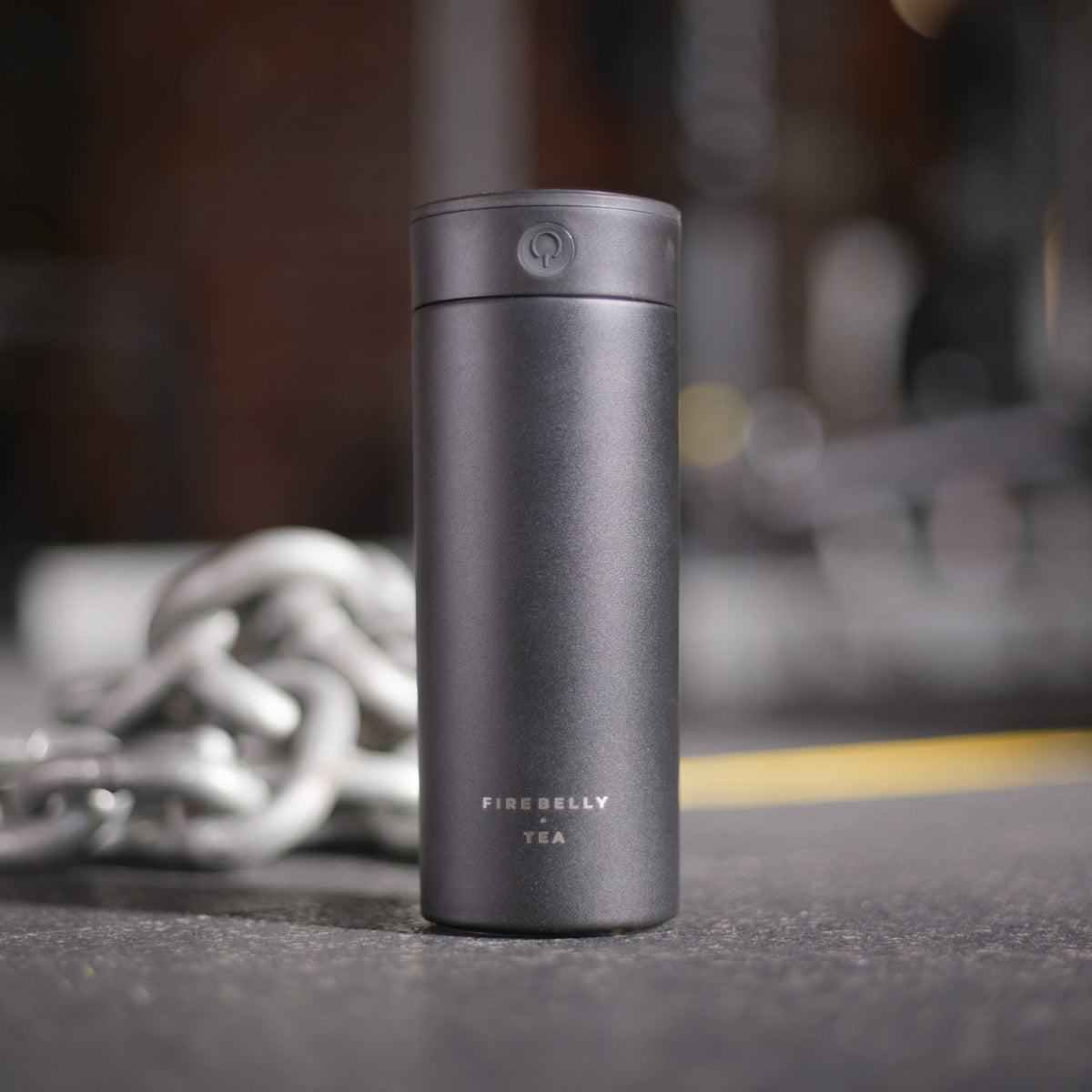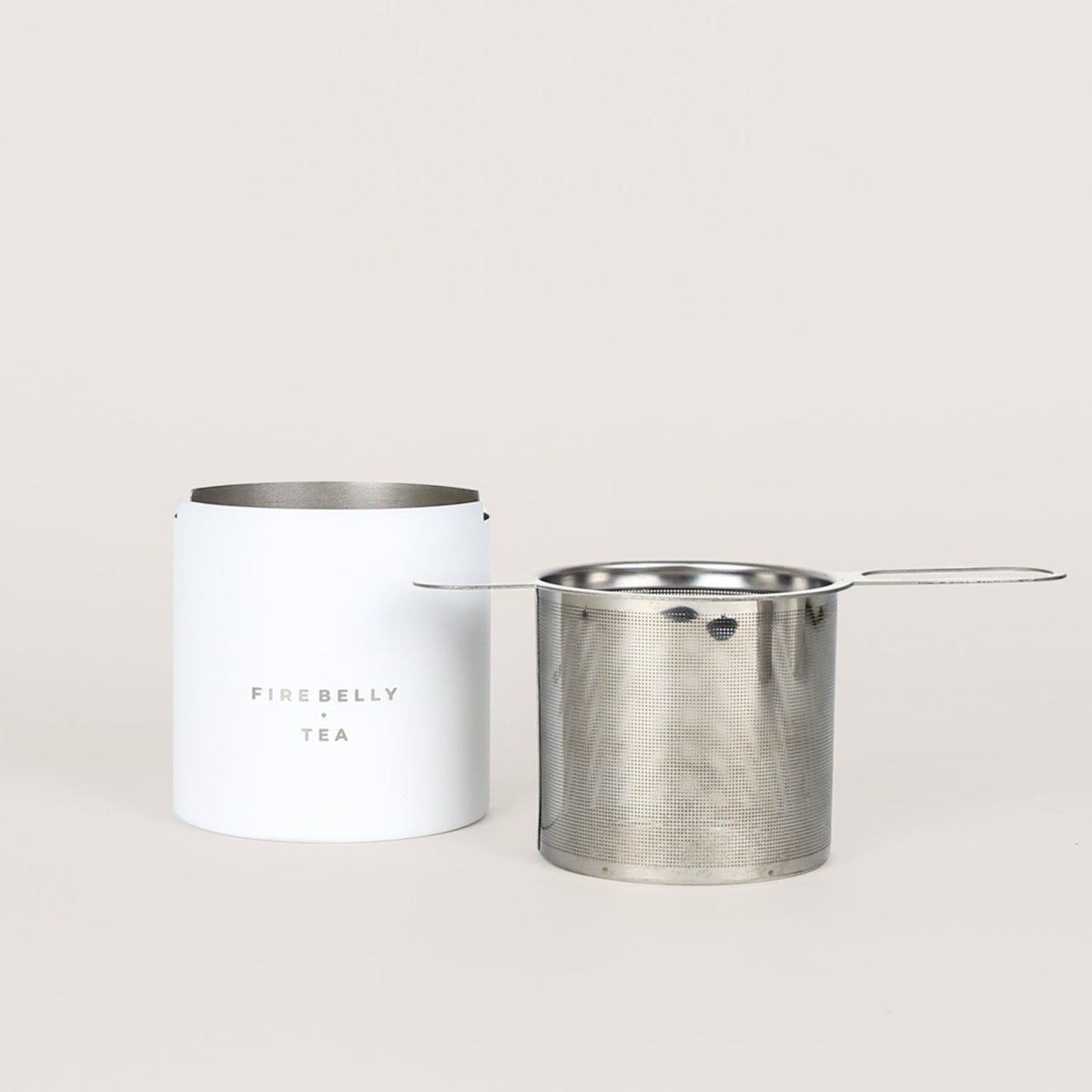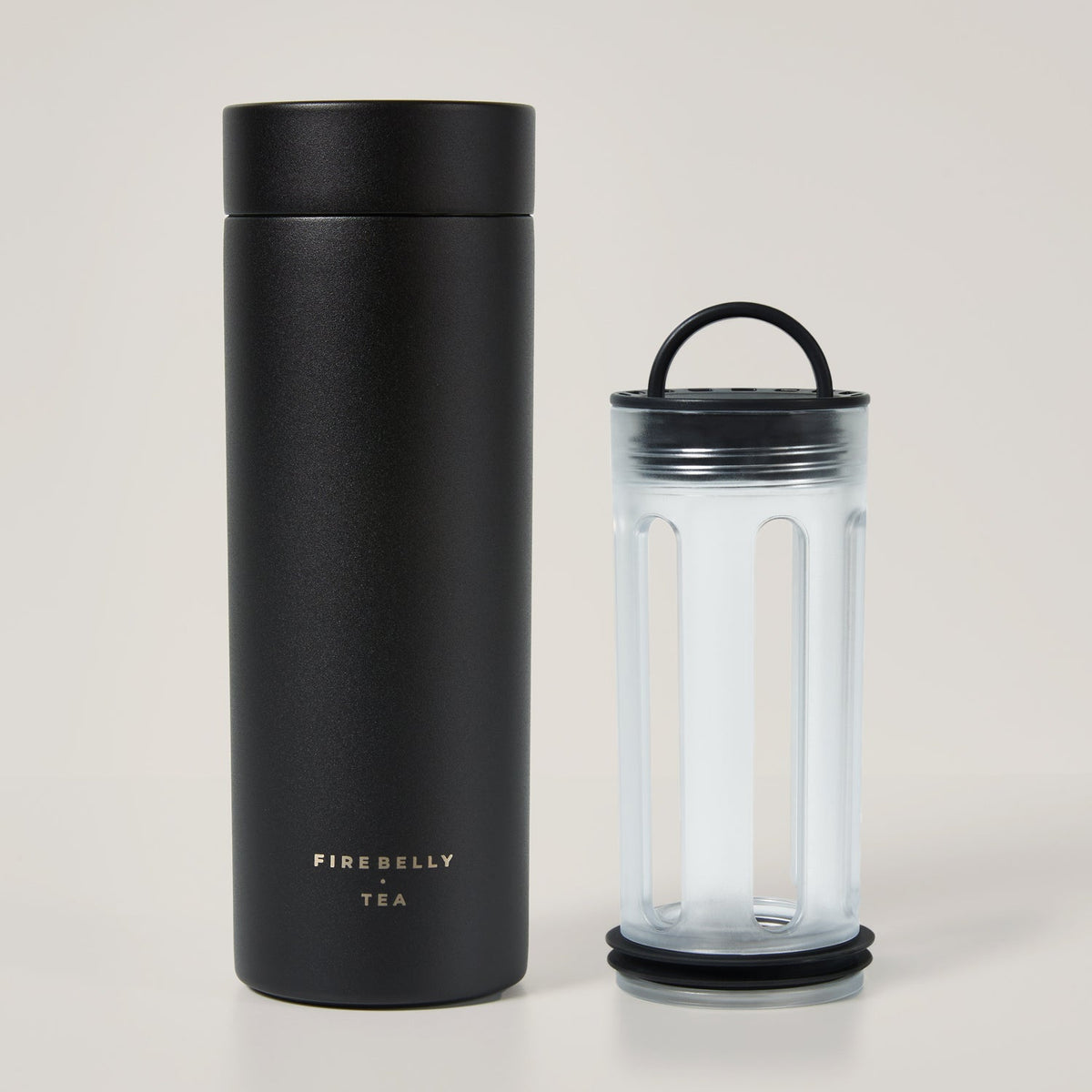Matcha has created a buzz of excitement over the last few years. It became known as a worthy adversary and a suitable replacement for that familiar cup of coffee. But this vibrant green powder's fame has been around for much longer.
In this article, we'll look at the benefits of matcha tea, the beverage's historical significance, how to make it, and ways that matcha powder is used today. But first, let's look at the origins of matcha green tea.
The Matcha Tea Ceremony
Matcha dates back to the Tan Dynasty in China (spanning the 7th-10th centuries). Steaming tea leaves to form bricks was common to transport and trade whole-leaf tea then. Preparing loose-leaf green tea meant roasting and pulverizing the bricks until they had a fine powder and then adding it to hot water and salt. This was the ideal way to consume matcha.
The tradition of preparing matcha was eventually brought to Japan from China during the 12th century. As a status symbol among the warrior class, preparing matcha soon became an art form. The traditional Japanese tea ceremony called "Chado" or "Sado," which translates to "the Way Of Tea" has its origins in Zen Buddhism for monks to enhance their meditation practices. Monks would mix the green tea powder daily into a bowl of hot water as part of their spiritual practice.
Most of the credit for popularizing the tea ceremony goes to Zen Master Sen-no-Rikyu, who is seen as the founder of the Japanese Tea Ceremony. He introduced four basic principles of the ceremony, which are:
-
Harmony (wa)
-
Respect (kei)
-
Purity (sei)
-
Tranquility (jaku)
Although the ceremonies around matcha may have evolved throughout the year, the Japanese tea ceremony is still alive today and hasn't lost any of its fundamental values. From the room's aesthetics to the number of guests invited to the matcha preparation itself to the host's gestures, matcha tea ceremonies remain a popular part of Japanese culture.
Matcha today is widely popular as an ingredient in everything from a matcha smoothie to a matcha latte to matcha-powered energy drinks and of course brewed teas. But does matcha contain all of the tea benefits many claim it has? Let's explore the many health benefits of matcha green tea powder.
The Top Green Tea Matcha Powder Health Benefits
Matcha comes from the same plant as black, oolong, white, and regular green tea, the Camellia Sinensis plant. Full of healthy antioxidants and compounds, this fine powdered green tea is made from the fresh whole young leaves of the tea plant.
Matcha tea leaves are carefully grown in the shade to increase the chlorophyll content. That's why quality matcha powder is a bright green color. The leaves are then handpicked, dried, and ground into a powder retaining all of those natural compounds of the tea leaves and all the health benefits to boot!
Since matcha goes through less processing than other teas, the amount of antioxidants is greater, and so are the nutritional benefits. With a gentle grassy flavor, sweet taste, and creamy texture, matcha powders have made a name among tea lovers for several different reasons.
Some dietary supplements, foods, and beverages like green tea may affect prescription medications. It is essential to always check with your doctor or healthcare provider to find out if matcha, green tea, or green tea extract is suitable for you to take.
#1. Lowers Cholesterol
One of the top health benefits of matcha green tea is that it may help lower LDL cholesterol. Known as "bad cholesterol," if LDL cholesterol builds up in the arteries it can create all types of problems with the heart and circulatory system, like strokes and heart attacks.
Your HDL cholesterol, or "good cholesterol" levels, are increased by drinking matcha. When your HDL levels are increased, it can help clear out the "junk" from your arteries. Research from 14 trials shows that green tea reduced LDL concentrations in the body.
#2. Improved Brain Health and Function
Need to focus? Matcha benefits brain function! It is rich in polyphenols and amino acids and high in the rare amino acid L-theanine. With all this and more, matcha tea can help boost the alpha waves in your brain, soothe your mind, and increase focus and clear thinking.
With the added effects of caffeine, you'll also get the bonus of alertness and energy. The only difference between the caffeine in matcha tea and coffee is that matcha provides a gentle burst rather than the intense jolt coffee gives.
A study on the combined effects of caffeine and L-theanine on cognitive function revealed that L-theanine improved the speed and accuracy of the participants' performance. Along with enhanced performance, their memory received a healthy boost too.
#3. Improve Skin Health
Matcha is for more than just smoothies and lattes. Many skincare companies include it as an ingredient in lotions and face masks. And for a good reason! Matcha is loaded with catechins which can help stop free radicals in the body, especially the skin.
Matcha also contains a good amount of antioxidants, and vitamin C, which help reduce inflammation and soothe skin conditions like acne, rosacea, and other skin conditions. If you suffer from oily skin, the tannins in matcha may help regulate sebum levels.
#4. Better Heart Health
Drinking green tea helps to keep your heart healthy. The green tea catechins found in matcha are the main antioxidant that helps reduce the risk of heart disease, stroke, and heart attacks. This is mainly because of matcha's anti-inflammatory and anti-thrombogenic properties—these catechins also lower lipid levels to support clean-flowing arteries.
#5. Lower Blood Pressure
Long-term drinking of green tea may have an impact on your blood pressure. In a 12-week study, participants in a control group consumed green tea daily and significantly reduced blood pressure. And the tea that topped the list was matcha.
#6. Weight Loss
According to The American Journal of Clinical Nutrition, matcha's catechins have tremendous fat-burning abilities. These catechins are loaded with thermogenic properties, or the speed at which the human body burns calories.
When you drink matcha tea regularly, it speeds up your heart rate slightly, even while resting, but even more when exercising. This property alone helps burn fat stored in the body.
#7. Boost The Immune System
Studies show that drinking green teas, matcha specifically, can increase your body's T cells. Boosting the T cells help reduce the risks of autoimmune diseases, and sipping matcha can provide that boost. Matcha green tea is also loaded with vitamin C, which helps your immune system stay strong and fight off illness and disease.
#8. Fights Arthritis
Green tea contains polyphenols and healthy compounds that keep your joints moving freely and your limbs limber. The antioxidants in matcha and other green teas have anti-inflammatory properties that may even help slow the breakdown of cartilage in the body. It also helps stabilize harmful free radicals.
The polyphenols in green tea leaves, combined with EGCG's (epigallocatechin gallate), may help block molecules that may cause rheumatoid arthritis. This makes a green tea or a matcha powder smoothie a preferred choice of beverage before and after a workout.
#9. Cancer Prevention
Can green tea help with cancer? Although no concrete evidence exists, studies indicate that tea may contain anti-cancer-fighting properties. In several studies, matcha caused improvements in the symptoms of this dreaded disease.
We already know that matcha tea is loaded with healthy compounds, polyphenols, catechins, and antioxidant properties, including ECGC. Research shows that the catechin ECGC helped reduce the size of tumors and kill off cancer cells in lab animal studies.
The Side Effects of Drinking Matcha
Matcha tea might be one of the healthiest drinks you can consume. Although most people can drink matcha tea without problems, there are very rare cases when drinking matcha may cause a few side effects.
Watch out for the following symptoms:
-
Upset stomach and constipation.
-
Headache.
-
Insomnia.
-
Jitters.
-
Irritability and anxiety.
-
Heartburn.
Always consult the advice of a professional doctor or healthcare provider before taking any new supplement. Drinking matcha green tea with certain medications could create serious side effects.
How To Make The Perfect Cup of Matcha
Since matcha is such a versatile ingredient, you can make everything from matcha tea to matcha lattes and even bake with matcha or use it as skincare. There are several ways to make matcha tea, but we'll focus on two ways - one with a spoon and the more traditional way with a bamboo whisk.
Should I Buy a Bamboo Matcha Whisk?
We say yes! The traditional way to make matcha tea uses a bamboo whisk (or "chasen"). The chasen gives your matcha tea that frothy and creamy texture. The chasen breaks down all the matcha powder and dissolves them into the water, leaving no matcha powder sediment on the bottom of your cup.
The traditional bamboo chasens are handcrafted from a single piece of bamboo and can last a long time if properly cared for and stored correctly. However, a stainless steel whisk like this one will last a long time and deliver the same froth and cream to your perfect cup of matcha.
Making Matcha Tea With a Spoon
-
Place 1/2 teaspoon of matcha powder into your cup and add one tablespoon of hot, but not boiling, water.
-
With your spoon, mix thoroughly, removing all the lumps of the matcha powder.
-
Once mixed, add more water - or if you prefer a cold drink, add iced water with extra ice to make an iced matcha tea.
Making Matcha Green Tea With a Chasen
-
Preheat a matcha bowl (called a "chawan") or use any small bowl.
-
Sift 1/2 teaspoon of matcha powder into the bowl.
-
Heat about 2/3 cup of hot water.
-
Carefully pour the water into the bowl with the powder.
-
Holding your chasen vertically from the top, stir a few times to ensure all the matcha clumps are free from the bottom and side of the bowl.
-
Whisk the contents briskly back and forth in a straight line for approximately 30 seconds.
-
Continue whisking, but switch to a zig-zag or "W" pattern. This will create bubbles that will rise to the top and make a thick froth.
-
You are now ready to consume your hot tea.
You can up your matcha game by turning your matcha tea into a matcha latte. Less caffeine than coffee, but with just as much flavor. Simply follow the instructions to create a hot matcha tea, but add hot frothy milk and two teaspoons of honey, maple syrup, or a sweetener of your choice. You can substitute regular milk with vegan milk like almond or soy milk. Here's a place to get everything you need to begin your matcha green tea adventures!
Conclusion
Now that you see all the benefits of a cup of matcha tea, you can start creating your very own unique matcha drink. By incorporating matcha into a healthy lifestyle filled with regular exercise and less stress, you'll reap the rewards of its amazing benefits.
You could enjoy improved heart health, weight loss, the incredible health benefits of the rare amino acid L-theanine, and the reduced risk of cholesterol problems. Matcha may even help combat breast cancer cells. Not to mention the unique matcha taste - an earthy delicious flavor you can enjoy morning, noon, or night!



